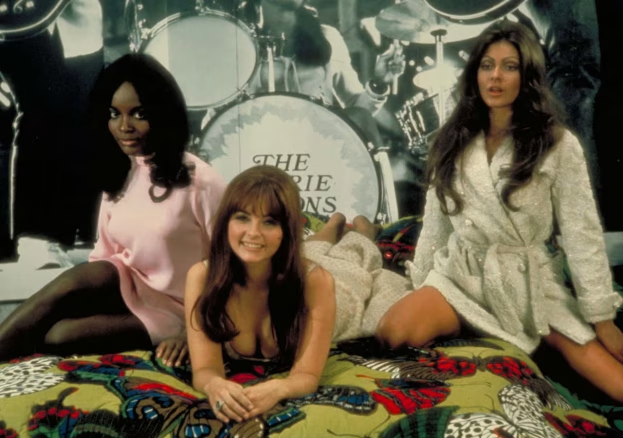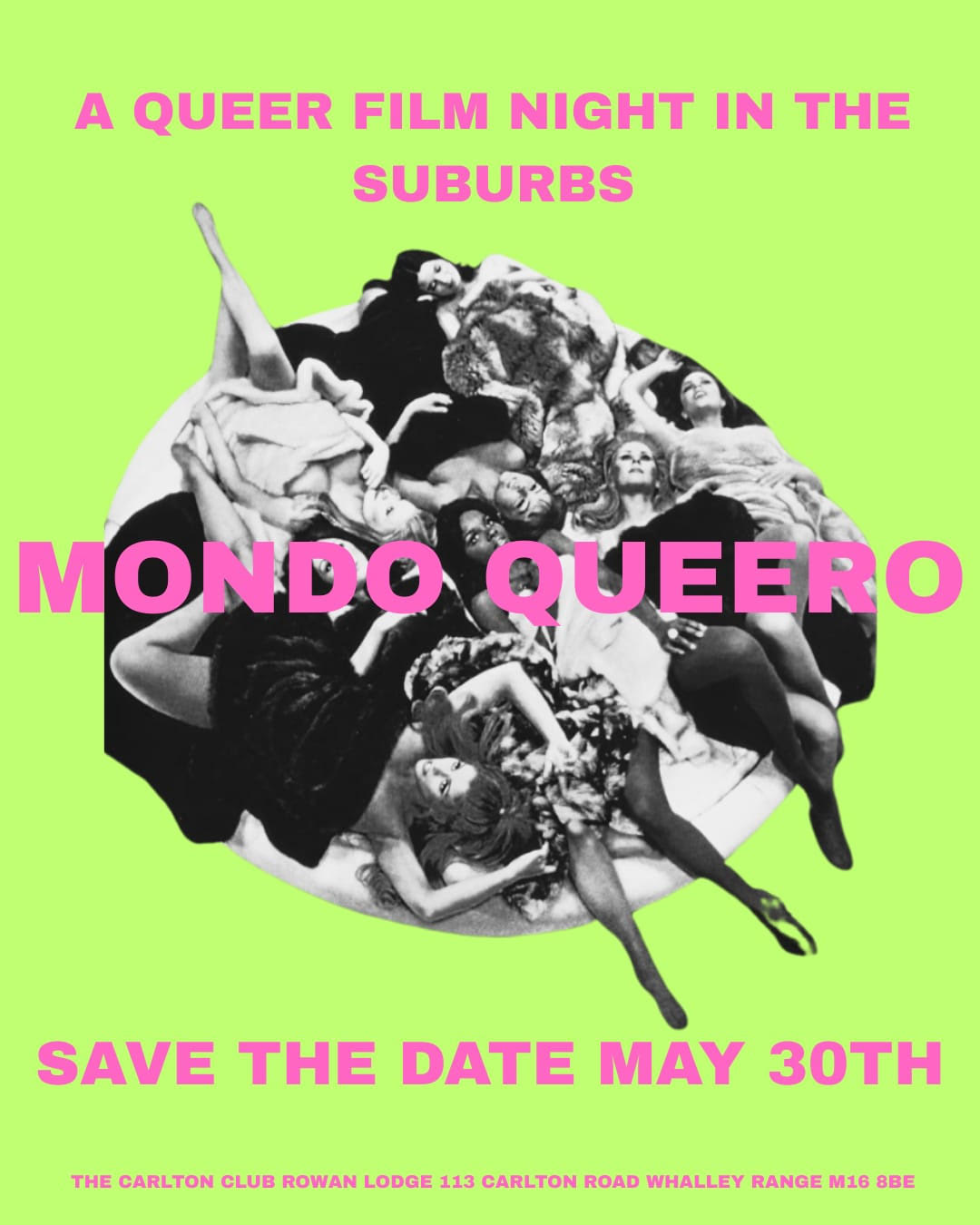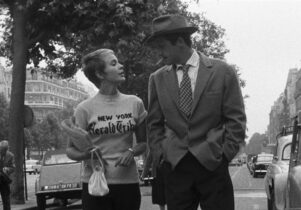Mondo Queero Film Club: Beyond the Valley of the Dolls at the Carlton Club
Tom Grieve, Cinema EditorBook now
Mondo Queero Film Club: Beyond the Valley of the Dolls
Always double check opening hours with the venue before making a special visit.

A queer film night in the suburbs, that’s the promise of Mondo Queero, who have been bringing cult movies to sold-out audiences at Whalley Range’s The Carlton Club for some months now. Past screenings include Jamie Babbit’s acerbic candy-coloured conversion camp comedy But I’m A Cheerleader, David Bowie in Tony Scott’s dark, charged vampire romp The Hunger, and Gus Van Sant’s seminal ‘90s New Queer Cinema film, My Own Private Idaho.
Flitting through the canon of queer cinema, the selections highlight aesthetically adventurous and politically radical work, championing both films by LGBTQ+ filmmakers alongside titles claimed by the community. For May, Mondo Queero are taking their audience back to Hollywood circa. 1970 as an all-female rock trio try to make their mark in the notorious sexploitation musical, Beyond the Valley of the Dolls.
Singers, played by Dolly Read, Cynthia Myers, Marcia McBroom arrive in post-Manson Hollywood and are guided by John LaZar’s sleazy, coke-fuelled producer into a scene exploding with sex, drugs and rock ‘n’ roll. Directed “King of the Nudies”, cult director Russ Meyer, the tone is a heady one, filled with over the top debauchery, violence, and camp humour, edged with some satirical bite.

Now regarded as a curiosity and camp classic, Beyond the Valley of the Dolls marked Meyer’s first foray into studio filmmaking with 20th Century Fox, following a string of commercially successful, independently produced sexploitation films including Faster, Pussycat! Kill! Kill! It was green lit in something of a panic in the wake of the success of 1969’s Easy Rider, as executives scrambled to save their hides when faced with a swiftly changing cultural landscape.
The film is also notable as the screenwriting debut for the influential Pulitzer Prize-winning film critic Roger Ebert of the Chicago Sun-Times, who takes some credit for the ways in which Beyond the Valley of the Dolls satirises Hollywood convention and “the oft-times nightmarish world of Show Business”. It’s also worth mentioning that Mondo Queero warn that while Meyer’s film is regarded as a camp classic with a queer fanbase that includes John Waters amongst its number, it does presents some of its queer characters as dangerous, and sometimes trade in tropes that would be deemed unacceptable today.
















































